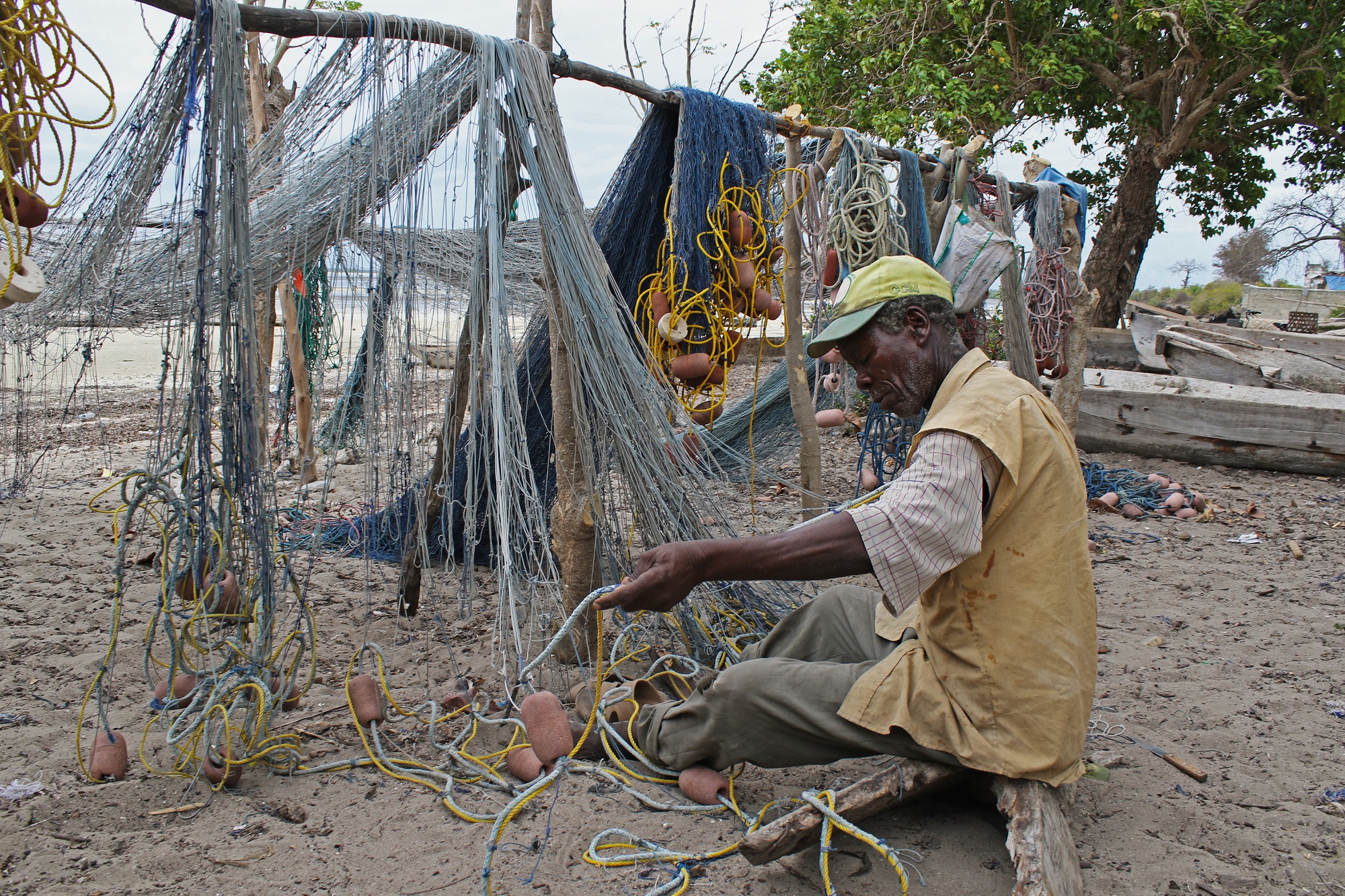
(c) Ben Small/HelpAge International
The new inclusion standards will help older people build livelihoods
By Ben Small
A new set of guidelines that provide humanitarian organisations with inclusion standards to ensure older people and people with disabilities are not marginalised in emergency responses has been launched today.
The Humanitarian inclusion standards for older people and people with disabilities (PDF, 3mb), developed by the Age and Disability Capacity Programme (ADCAP), will help organisations responding to crises to successfully identify and reach those most at risk, upholding the humanitarian principles by which they all must abide.
Humanitarian organisations are committed to providing assistance and protection solely based on need and without discrimination. Yet older people and people with disabilities are routinely excluded from humanitarian responses, despite being among the most vulnerable.
How are older people and people with disabilities excluded?
There are many barriers to access and participation. Misconceptions of disability or older age can fuel negative attitudes and discrimination, which may encourage some to think that older people and people with disabilities are not a priority for help. Equally, over-protection may cause people to be kept at home for their safety or because their disability or age is considered to be a source of shame.
Physical barriers, such as difficult terrain or lack of facilities for people with disabilities, prevent access to services, while information on humanitarian services is often only provided in one format or language, which can exclude many people.
Even laws, policies and procedures can result in discrimination against certain groups, particularly if they lead to older people or people with disabilities being excluded from areas of life such as employment, political participation or social services.
How can the new inclusion standards help?
The Humanitarian inclusion standards for older people and people with disabilities provide guidance across all areas and at all stages of emergency response to ensure older people and people with disabilities are not left out.
People are at the centre of the standards. They consider people’s capacities and needs, enabling them to participate as much as they are able while ensuring meaningful access, safety and dignity during humanitarian responses.
The standards consist of nine key inclusion standards, including identification, safe and equitable access, knowledge and participation, and learning. Alongside these, there are seven sector-specific inclusion standards, which include protection, shelter, health, and water, sanitation and hygiene.
Each standard comes with key actions, guidance, tools and resources, and case studies illustrating how older people and people with disabilities have been included in humanitarian responses.
The sector-specific standards provide guidance in three key areas: data and information management, addressing barriers to inclusion, and participation of older people and people with disabilities.
By implementing the key action points provided, organisations will build up a greater evidence base, deliver more inclusive programmes, and be able to better demonstrate impact on the lives of those most at risk during humanitarian crises.
The standards can be used as guidance during programme development, implementation and monitoring, and as a resource for training and advocacy.
“Every time a person is denied assistance or protection during an emergency response because of their age or disability, humanitarian organisations are ignoring their obligation to operate without prejudice,” said Philip Hand, ADCAP Programme Manager, HelpAge International.
“These new standards will play an important role in strengthening accountability and empowering agencies to ensure they reach all older people and people with disabilities.”
Find out more about the Age and Disability Capacity Programme and download the Humanitarian inclusion standards for older people and people with disabilities (PDF – 3mb).
